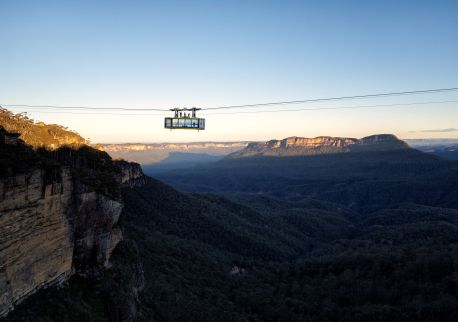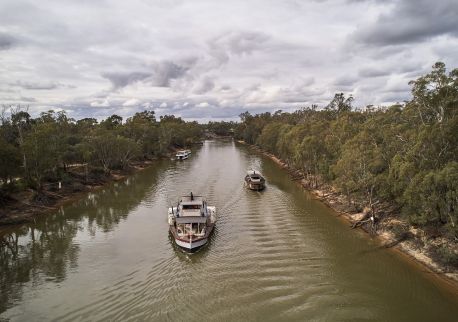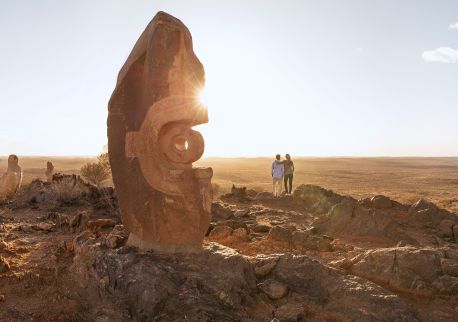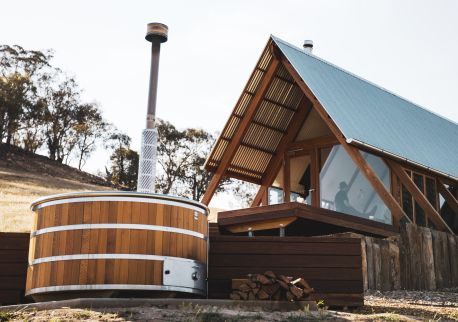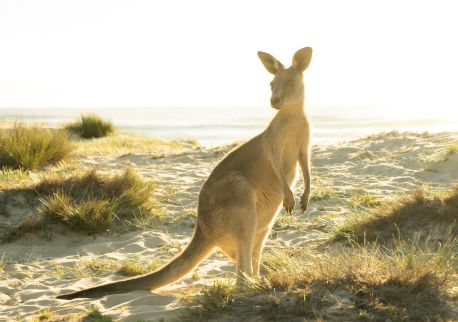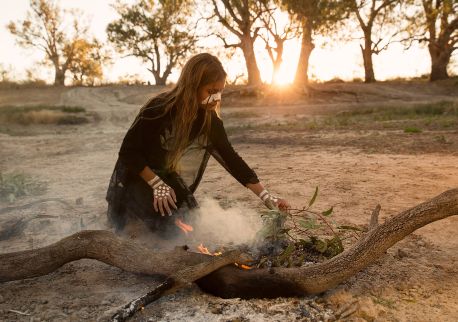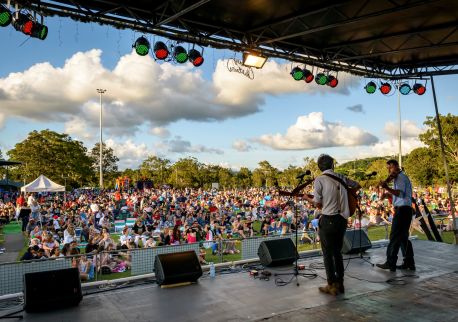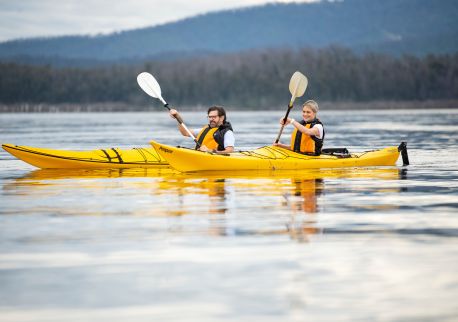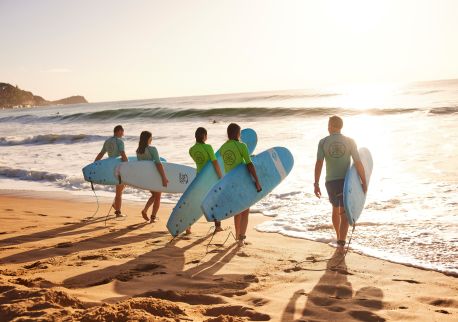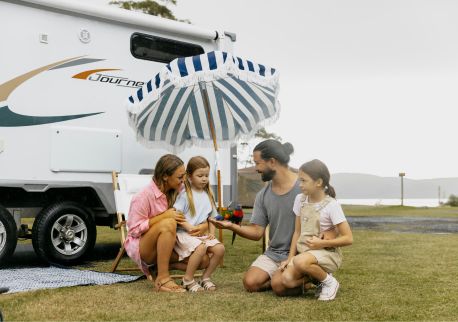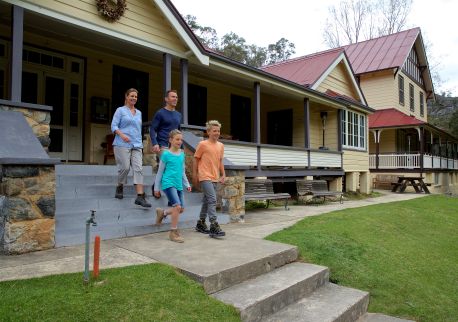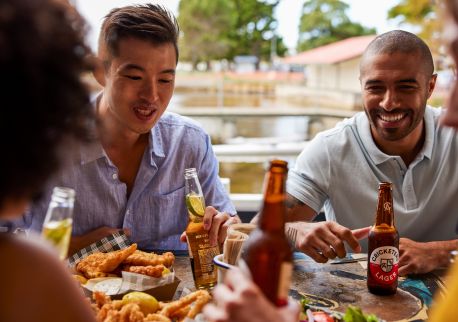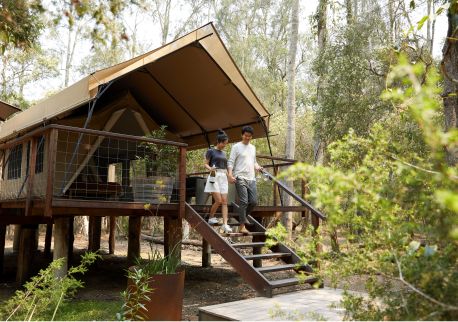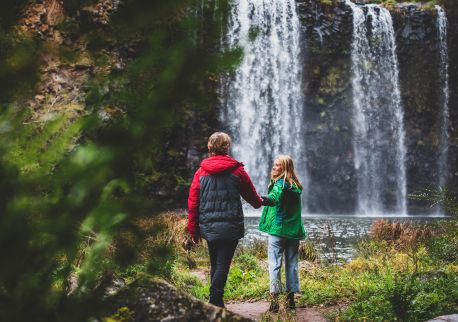Billabong Zoo: Koala and Wildlife Park
Highlights
Overview
Experience the wonder of wildlife at Billabong Zoo where unforgettable encounters await!
At the multiple award-winning Billabong Zoo in Port Macquarie, NSW you can get up-close and personal and meet iconic Australian animals like kangaroos and koalas, marvel at exotic creatures like snow leopards, red pandas and meerkats, and get up close to legendary saltwater crocodile, Shrek. You can pat, feed, hold, hear and see over 100 species of mammals, reptiles and birds in this friendly ten-acre Koala and Wildlife Park.
Enjoy interactive experiences, and engaging presentations every day from friendly and knowledgeable zookeepers. Get involved with hands-on programs like 'Junior Zoo Keeper for a Day' and 'Bubs & Cubs' programmes. Get up close and personal by booking a personal animal encounter and pat a koala, feed a cheetah or mingle with meerkats. Families love the vibrant playground, picnic spots, and cozy café overlooking the cheeky spider monkeys.
With its inclusive facilities and dedication to conservation, Billabong Zoo is perfect for all ages.

